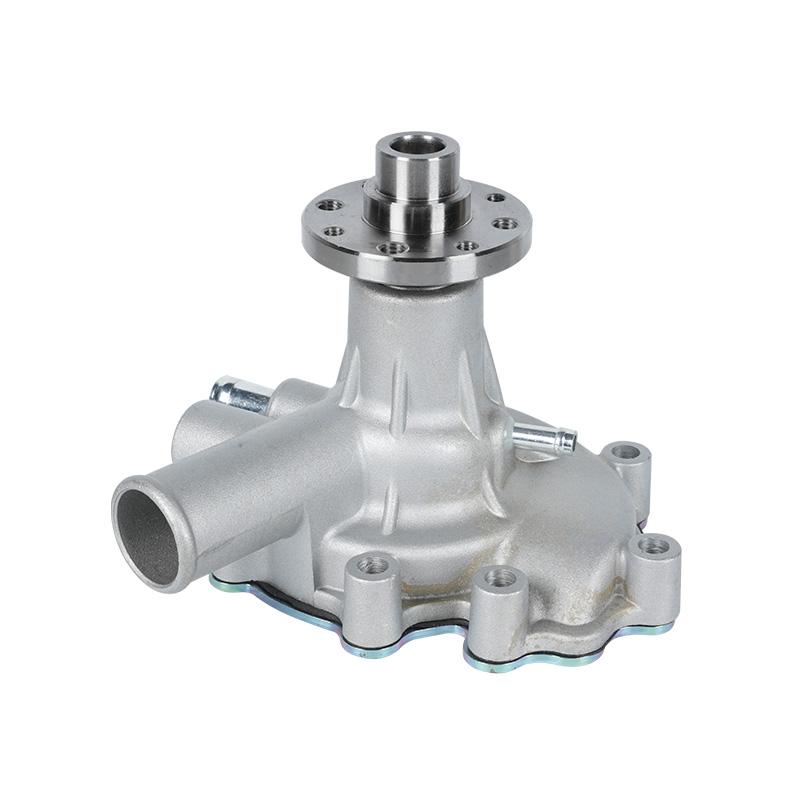The engine water pump is a fundamental part of any vehicle’s cooling system, responsible for maintaining a stable operating temperature. Without it, the engine would quickly overheat, leading to severe mechanical failures. The pump works by continuously circulating coolant between the radiator and the engine, ensuring that excess heat is carried away before it can cause damage.
In most vehicles, the engine water pump is mechanically driven by a belt connected to the crankshaft. As the engine runs, the belt turns the pump’s impeller, which creates a flow of coolant. The coolant absorbs heat from the engine block and cylinder head before traveling to the radiator, where it releases the heat into the air. Once cooled, the liquid returns to the engine water pump, and the cycle repeats. This constant circulation is vital for preventing hotspots that could warp engine components.
Several symptoms can indicate a failing engine water pump. One of the most obvious is coolant leakage around the pump housing, often caused by worn-out seals or gaskets. Another red flag is an unusual noise, such as a grinding or whining sound, which suggests the bearings inside the pump are deteriorating. Overheating is another critical warning sign—if your temperature gauge rises unexpectedly, the engine water pump may not be circulating coolant properly. In some cases, steam from under the hood or a sweet-smelling odor (from leaking coolant) can also point to pump failure.
To keep your engine water pump in good condition, regular maintenance is essential. Checking coolant levels monthly and topping them off when necessary helps prevent air pockets that can disrupt circulation. Flushing the cooling system every few years removes rust and debris that could clog the pump. Additionally, inspecting the drive belt for wear and proper tension ensures the engine water pump operates efficiently.
If you notice any signs of pump failure, it’s important to address the issue immediately. A malfunctioning engine water pump can lead to catastrophic engine damage if left unchecked. By staying vigilant and performing routine maintenance, you can extend the lifespan of your engine water pump and keep your vehicle running smoothly for years to come.
